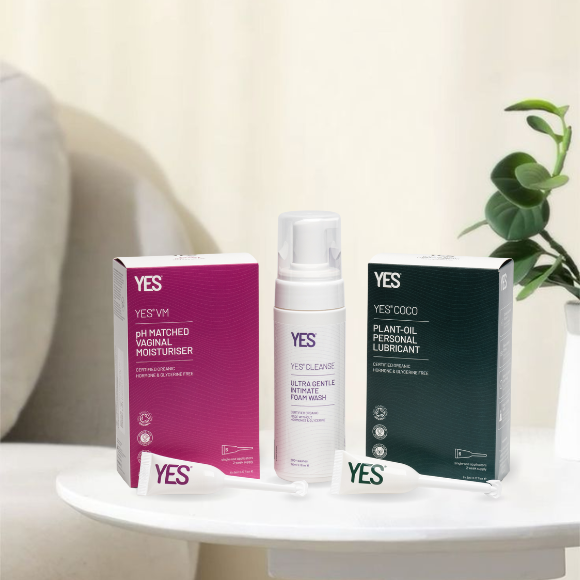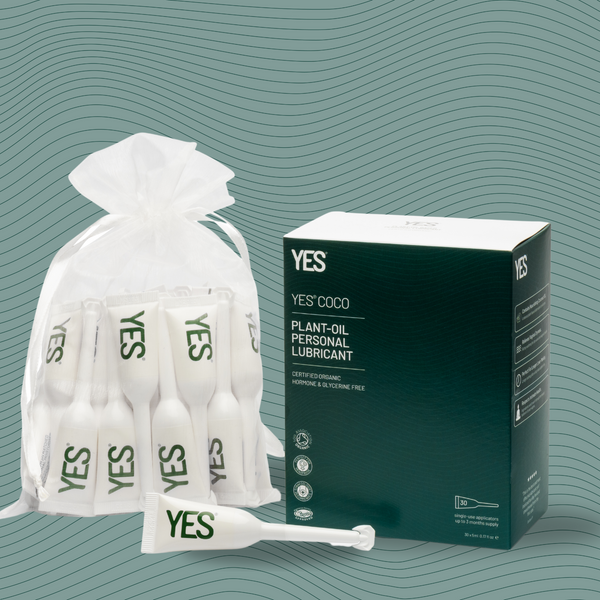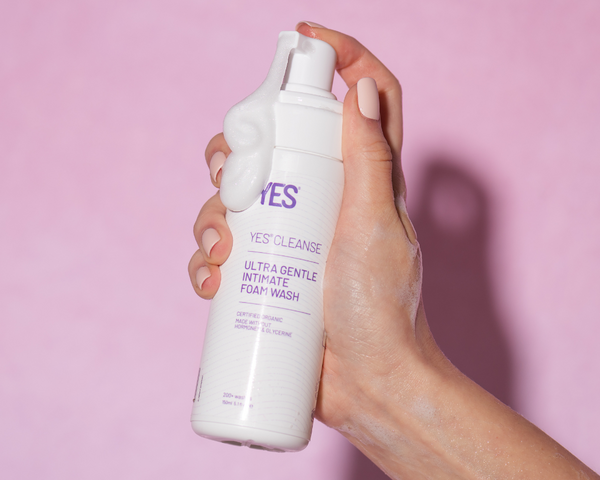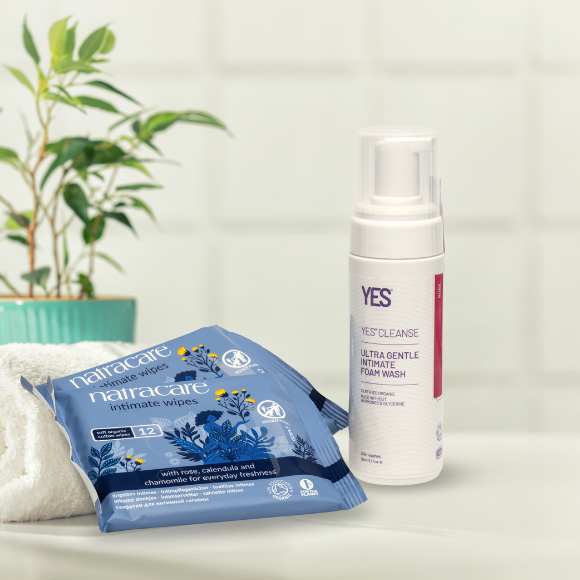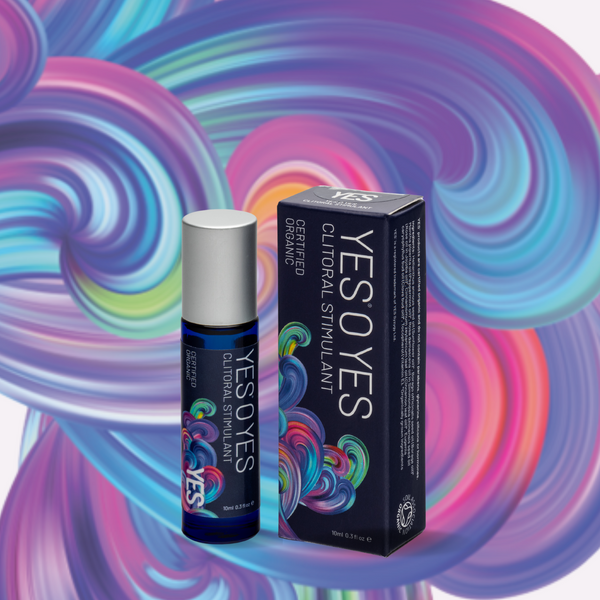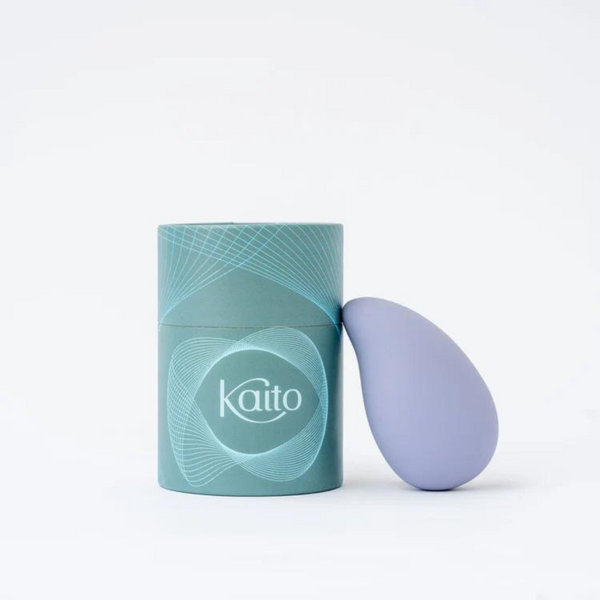 All Blogs
All Blogs
Gynaecological cancer, a term encompassing a group of cancers that affect the female reproductive system, can be a traumatic diagnosis. It’s estimated that more than 1.3 million people develop gynaecological cancer each year, accounting for nearly 40% of all cancer incidence [1]. The journey through diagnosis, treatment, and recovery involves many challenges, and one often overlooked yet significant concern is vaginal dryness. Here, we’ll explore the link between cancer therapies and vaginal dryness as well as look at some options that might bring some relief.
Types of Gynaecological Cancer
Gynaecological cancer is an umbrella term encompassing several types of cancer that originate in the female reproductive organs. These include ovarian, cervical, uterine (endometrial), vaginal, and vulvar cancers, each presenting its own set of symptoms and risk factors.
Gynaecological Cancer Treatment Options
There are a few different types of treatments for gynaecological cancer, these include:
- Surgery, including hysterectomy
- Chemotherapy
- Radiation Therapy or Radiotherapy
- Hormone Therapy (also called endocrine therapy)
Gynaecological Cancers and the Vaginal Microbiome
Similarly to the gut, the vagina has its own delicate micro-ecosystem which plays an important role in protecting against infections and maintaining a healthy vaginal microbiome. Studies have shown that cancer therapies can disrupt this vaginal environment [2].
Two-thirds of women who receive cancer treatments report treatment-related symptoms including vaginitis, fibrosis, spotting/bleeding on exam or sex, dyspareunia, and sexual dysfunction. Many patients demonstrate different vaginal microbiome profiles from healthy women, with low abundance of lactobacilli (good bacteria found the in vagina) and higher amounts of pathogenic bacteria [2].
That’s why it’s so important to take steps to safeguard your intimate health during treatment and beyond.
Hormonal Disruption: The Culprit Behind Vaginal Dryness after Cancer Treatment
Cancer treatments, including chemotherapy and hormone therapies, can disrupt the body's natural oestrogen production. Oestrogen, a key hormone responsible for maintaining the health and elasticity of vaginal tissues, helps regulate blood flow and lubrication within the vaginal walls. Disruption of oestrogen levels leads to a reduction in blood flow to the vaginal area, causing vaginal tissues to become thinner and less elastic, resulting in dryness and discomfort.
Radiation therapy, the most common treatment for cervical and endometrial cancers, can continue to impact intimate health years after treatment. Many women will continue to experience symptoms such as loss of lubrication, dyspareunia, vaginal itching, discharge, and cystitis long after treatment as finished [2].
Protecting intimate health after cancer treatment
Dealing with gynaecological cancer is not easy feat. If you’ve been through treatment, or know someone who has, you are not alone. Whilst vaginal dryness may seem like the least of your worries at times, it can be an unnecessary burden during an already strenuous time.
Here are some tips to consider if you are experiencing vaginal dryness or irritation post-cancer treatment:
- Try a daily vaginal moisturiser. YES® VM vaginal moisturiser is a certified organic option that is pH-matched to the vagina. It can be used daily or every 3 days to re-hydrate dry intimate tissues and soothe any discomfort, pain or irritation associated with vaginal dryness.
- Use a natural, water-based lubricant during intercourse. Certified organic and natural YES® WB water-based has the dual function of deep re-hydration and outstanding lubrication.
- Consider using a plant oil-based lubricant alongside a vaginal moisturiser or water-based lubricant. Plant oil-based lubricants such as YES® OB, provide soothing, long-lasting lubrication and a protective emollient over the skin. This can nourish delicate intimate tissue and help to prevent injury during sex. It can be used with YES® WB for ultimate comfort. Find out more about the difference between water and oil-based lubricants here.
- Eliminate harmful chemicals from your intimate care where you can. If you’re looking for a natural intimate wash, YES® CLEANSE is made with natural ingredients and contains no known skin irritants.
- Avoid douching as this can disrupt vaginal pH levels.
YES® products such as YES® WB, YES® VM and YES® CLEANSE help to restore typical vaginal pH to protect your body from infections such as Thrush outbreaks.
They contain:
- No hormones and no parabens
- No glycerine or no sugar
- No petrochemicals (such as glycols) that can irritate and smother skin hindering it from absorbing moisture and healing
- No known skin irritants
- No silicone (acts like a barrier on skin, preventing rehydration and increasing dryness)
- No l-arginine
To support women experiencing vaginal dryness as a result of cancer treatment, we’ve launched a new online space dedicated to providing resources and support. Click here to read more about vaginal dryness after cancer treatment. If cancer treatment has triggered early menopause, take a look at our Cancer and Menopause page for information and support.
Additional resources are support:
References:
Empower yourself
Read more about the changes your body goes through during peri menopause and post menopause.


